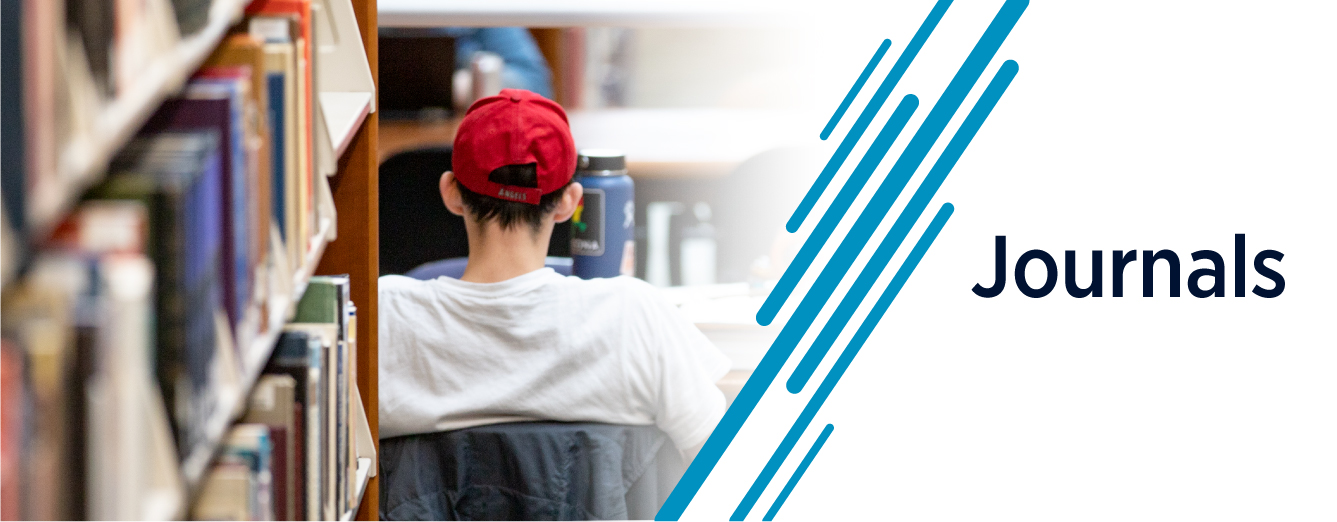From Muse to Poet: Paratextual Practices of Women Poets in Cuba at the End of the Nineteenth-Century
Document Type
Article
Journal/Book Title/Conference
Decimonónica
Volume
4
Issue
1
Publisher
Decimonónica
Publication Date
2007
First Page
80
Last Page
93
Abstract
One of the foundations of Western thought is the structure of binary oppositions based in abstract conceptualizations. This process includes the expression of generic qualities as universalized notions. With respect to women, these qualities are generally contracted into “Woman.” Luce Irigaray describes this “Woman” as “having been misinterpreted, forgotten, variously frozen in show-cases, rolled up in metaphors, buried beneath carefully stylized figures, raised up in different realities . . . ” (144). Women and writing have often been symbolic of each other as objects of the process of conceptualization. Aníbal González proposes that in many nineteenth-century texts the struggle for expression is represented as the attempt to submit a particularly rebellious or “hysterical” woman to the legality of an organizing discourse that “interprets” woman (137). Thus, women have always had to find a way to write within a cultural structure burdened by a long tradition of assumptions about gender (“women did not write”) and about authorship (“men, inspired by Muses, did it” [Jed 196]). Women’s role in poetic production was seen to be similar to that of her role in the home: as mediator and inspiration or muse. The millenary patriarchal patterns of subjectivity and gendering which imprisoned women in sensibility without legitimate desires, power, language, or participation in history made agency difficult. Be(com)ing a woman poet in the midst of the cultural, social, and artistic renovations taking place at the end of the nineteenth century was fraught with cultural, social, and artistic obstacles. In order to become writers, women had to cross several boundaries: that of gender (between “men” and “women”) and that of timeless abstraction (between “Woman” and “a woman”). In order to define herself as an author, a woman would in effect have to redefine the terms of her socialization. In the classical paradigm of the “double bind,” becoming an author meant denying one’s sex, becoming unsexed or a perversely sexed female (Gilbert and Gubar 49, 34).
Recommended Citation
Vallejo, Catharina, "From Muse to Poet: Paratextual Practices of Women Poets in Cuba at the End of the Nineteenth-Century" (2007). Decimonónica. Paper 16.
https://digitalcommons.usu.edu/decimononica/16


